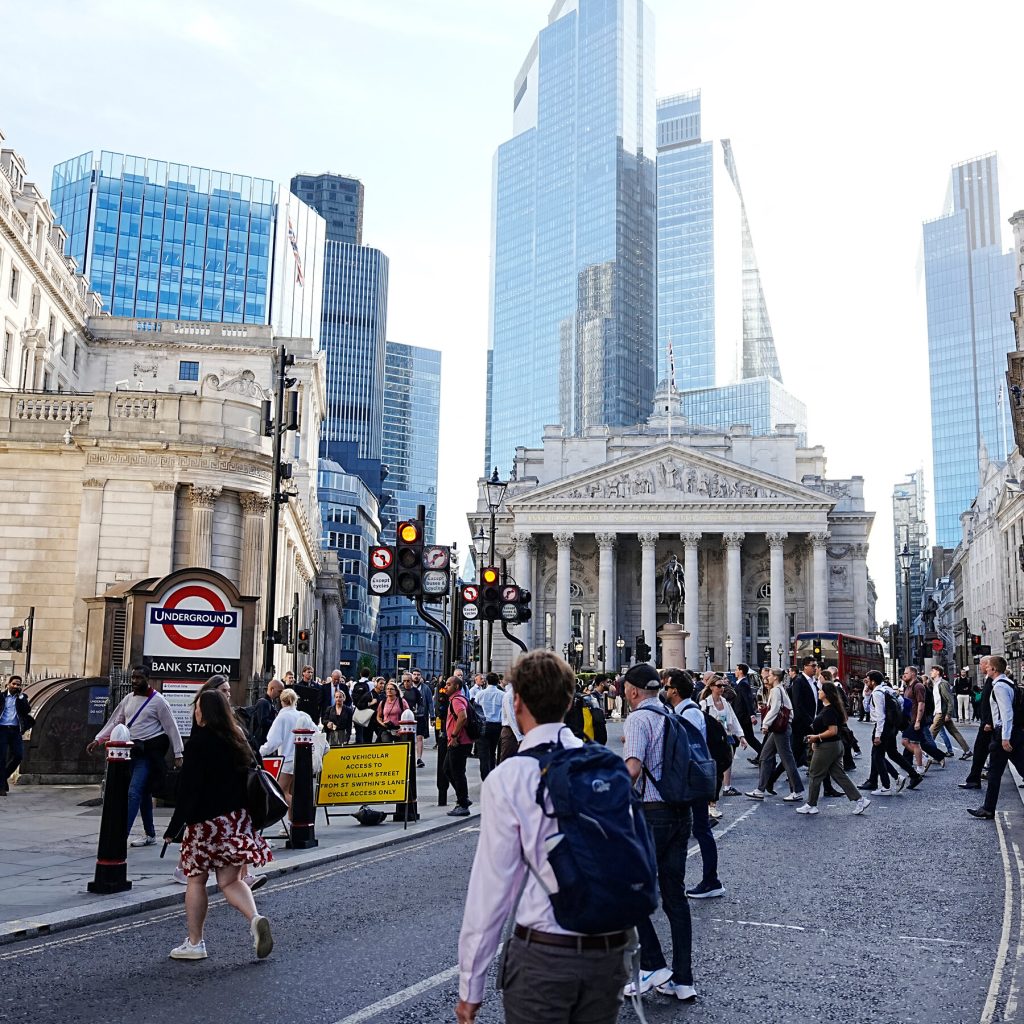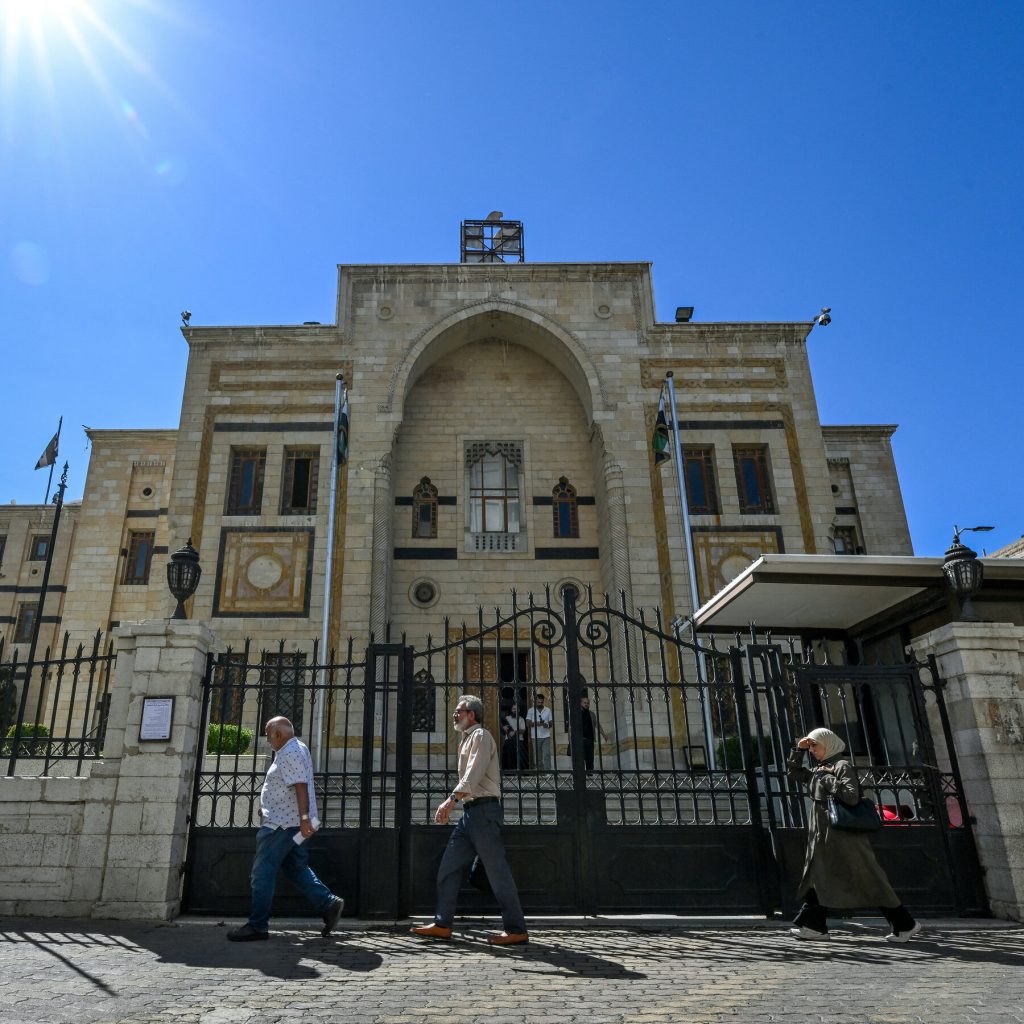UK to Roll Out Digital IDs: Balancing Security and Privacy Concerns

The United Kingdom is set to introduce a new digital identification system, a move that has sparked both anticipation and concern among citizens. According to the government, the primary goal of this initiative is to tackle illegal migration by enhancing the verification of individuals’ identities. However, critics argue that this digital ID system could potentially erode citizens’ right to privacy, raising questions about how it will be implemented and the extent of its impact on daily life.
The proposed system aims to provide a more efficient and secure way of verifying identities, potentially streamlining various processes such as accessing public services, traveling, and even conducting financial transactions. Proponents argue that in an era of increasing digitalization, a modern and reliable form of identification is essential for both national security and the convenience of its citizens.
However, concerns about privacy and surveillance have been voiced by opponents of the plan. They worry that the mandatory use of digital IDs could lead to a significant increase in government surveillance and data collection, potentially infringing on individuals’ rights to privacy and freedom. The debate highlights the delicate balance that governments face in implementing measures to enhance security while protecting citizens’ civil liberties.
The government has assured that measures will be put in place to protect personal data and ensure that the system is designed with privacy in mind. However, details about how this will be achieved and the specific applications of the digital ID remain to be fully disclosed.
As the UK prepares to join the ranks of countries adopting digital identification systems, the conversation around its implications continues. The success of this initiative will likely depend on its ability to strike a balance between enhancing national security and respecting the privacy and rights of its citizens. The government faces the challenge of addressing concerns while making the digital ID system a tool that is both effective and trusted by the public.







